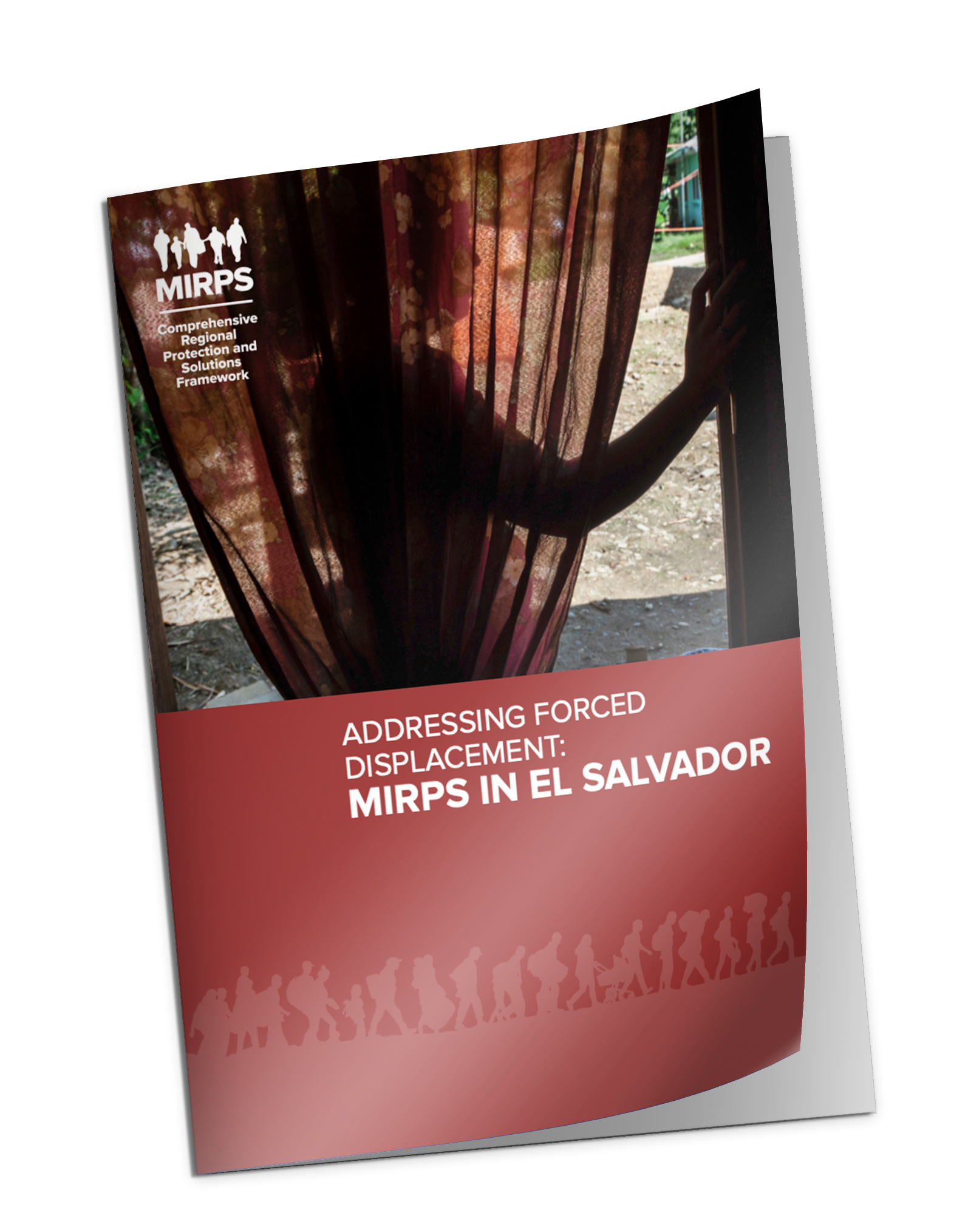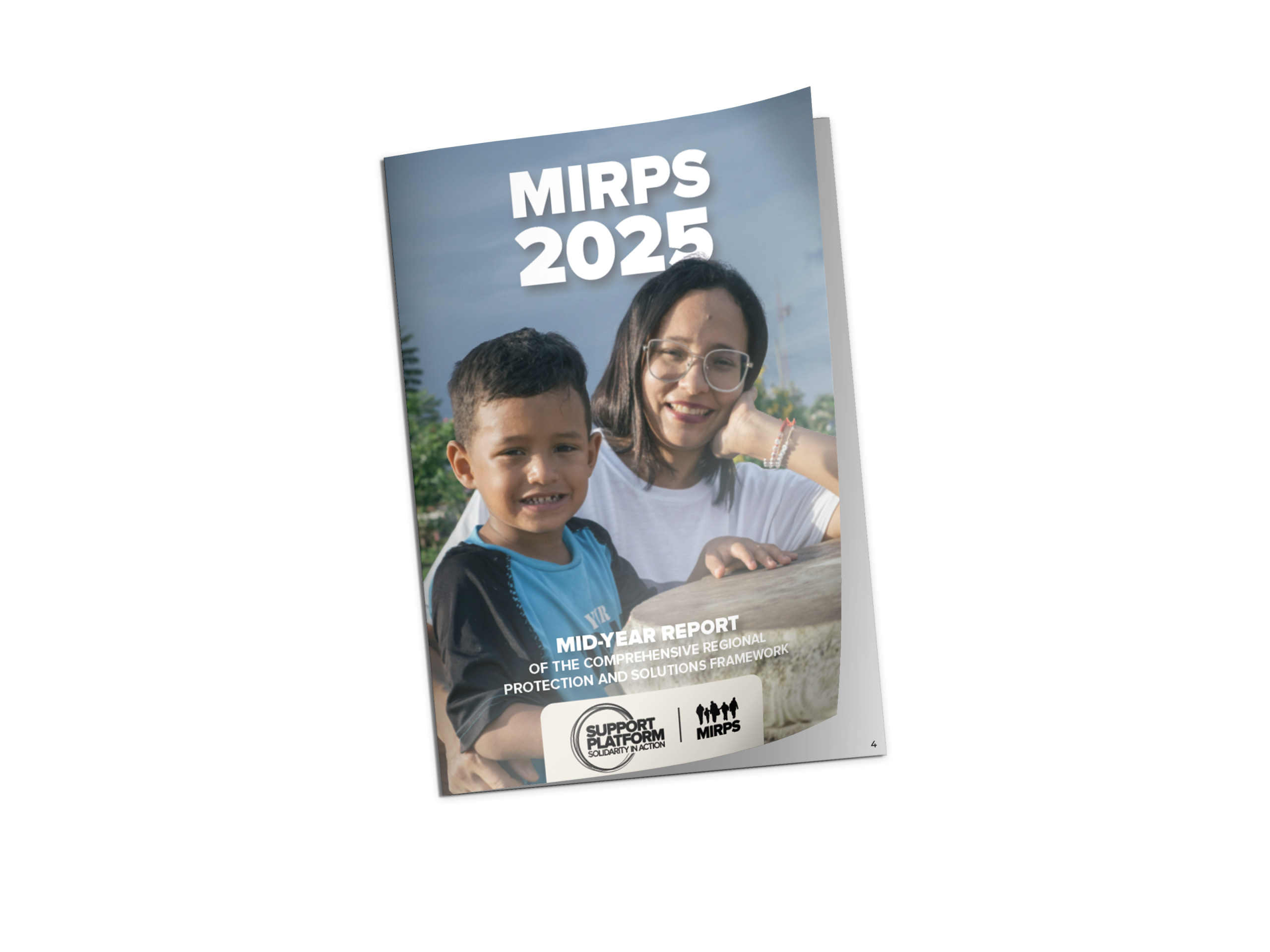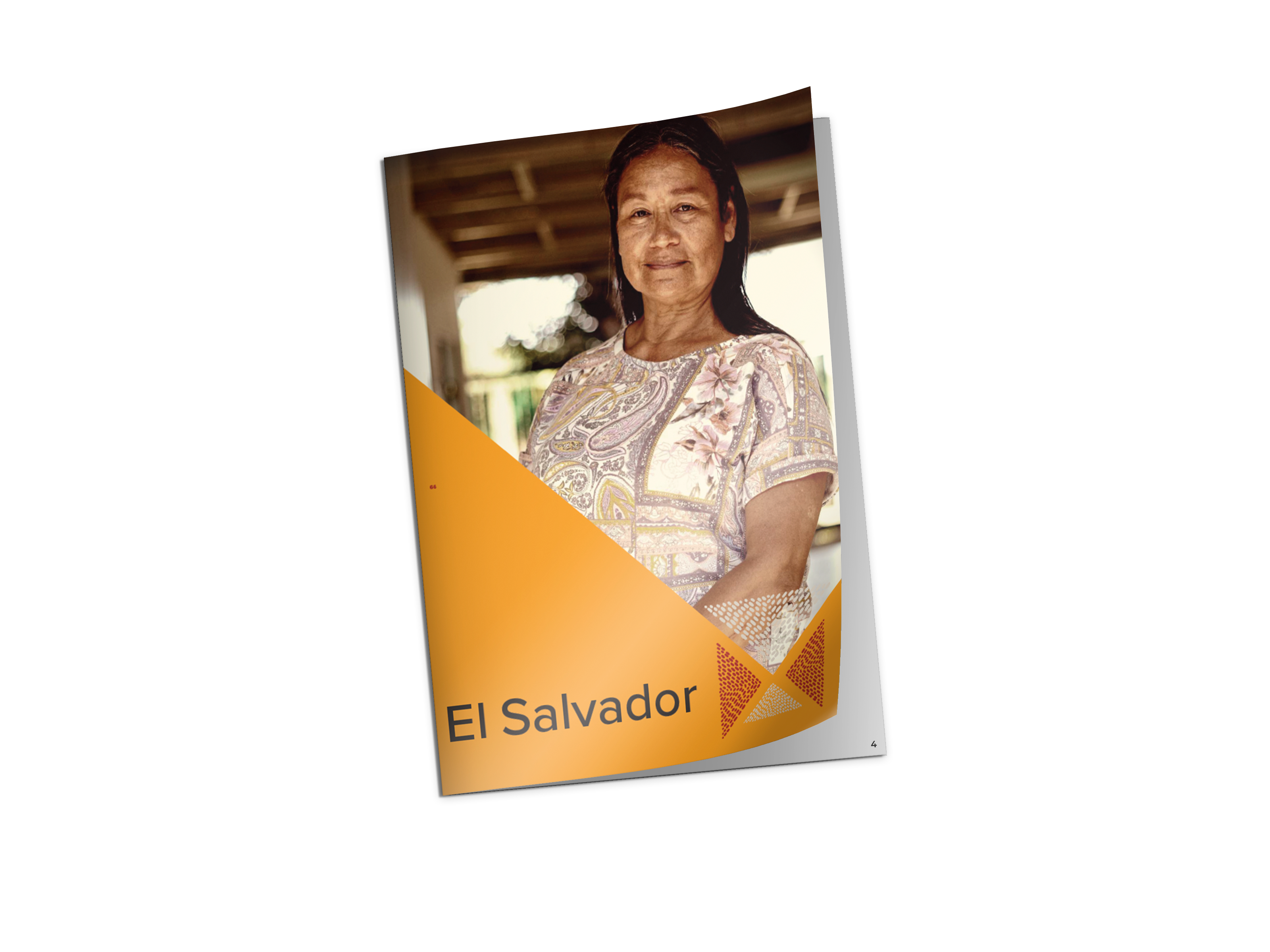El Salvador
MIRPS in El Salvador
El Salvador is highly committed to addressing the situation of forced displacement. Since joining the MIRPS in July 2019, the country has made progress in the implementation of several commitments of its National Action Plan, particularly related to protection. However, the support of the international community in the areas of education, healthcare, jobs and livelihoods is required to address the needs of the thousands of people seeking protection and solutions in the country.
National Action Plan Focus Areas

Protection
27 commitments

Education
6 commitment

Health
7 commitments

Jobs and Livelihoods
7 commitments
Progress according to the 2025 Mid-Year Report

Since 2023, CODER has managed the naturalization of 35 refugees, facilitating their full integration.

The Ministry of Health updated the Comprehensive Health Care Guideline for victims of intentional injuries, including forcibly displaced persons. The guideline incorporates prevention, care, and rehabilitation with a rights-based approach and was shared in 5 regions with 200 health professionals.

CONAPINA opened 4 new community spaces in areas affected by forced displacement, providing comprehensive support to children, adolescents, and vulnerable families.

MINEDUCYT distributed 2,850 guides to support the care of displaced students and teachers. It also assisted 605 returned migrants through exams and alternative educational modalities.

The “Mi Primer Trabajo” program has facilitated formal employment for 842 people through apprenticeship contracts. Since 2021, 1,599 participants have received training in soft skills.



